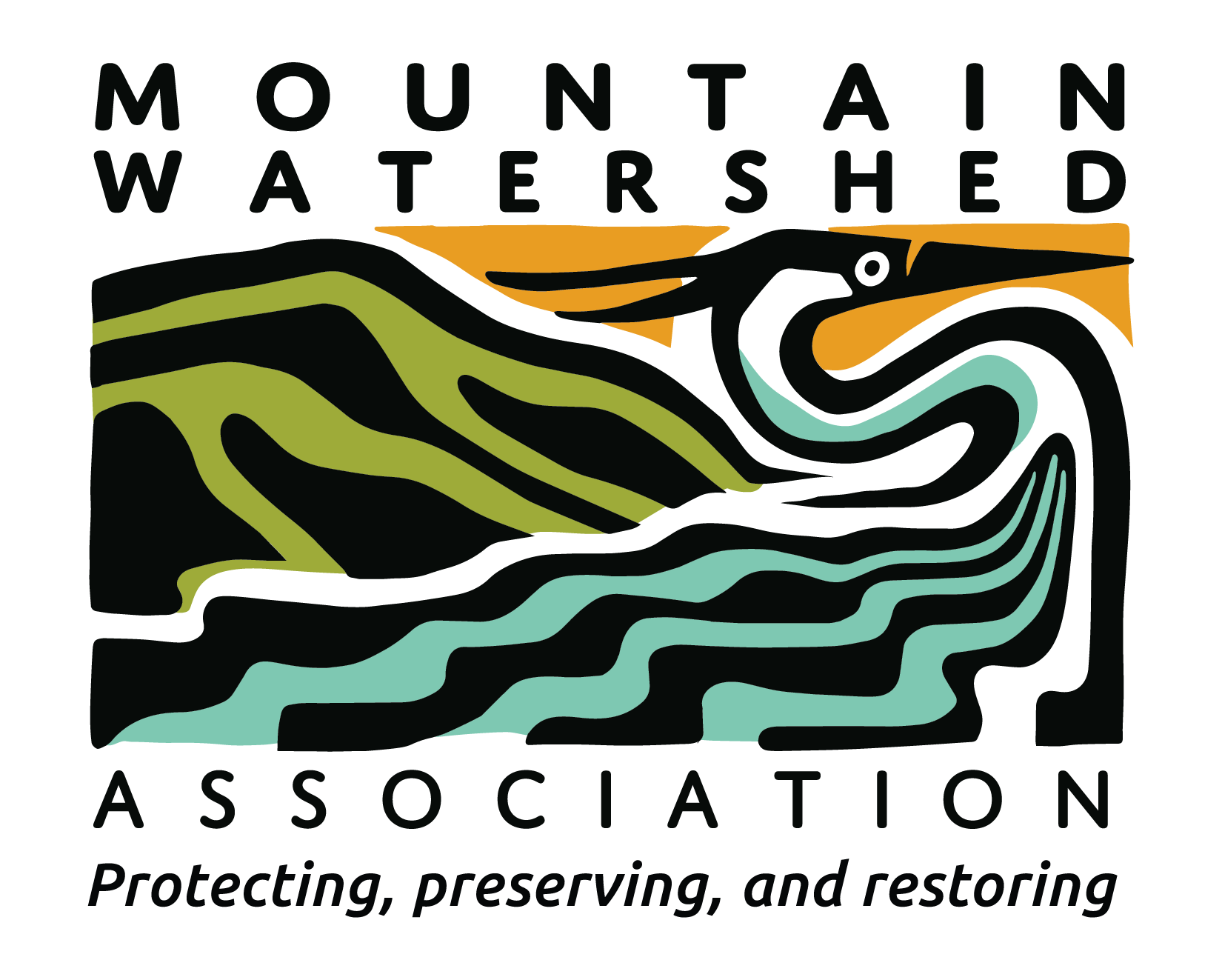On March 13, 2018 our Education & Outreach Coordinator, Jena, had the pleasure of working with Ms. White’s preschool class of the Head Start/Early Head Start of Fayette County. As a part of MWA’s mission, we provide free, educational outreach programs to schools, civic groups, and community organizations. Ms. White invited us into her classroom to teach her students about Macroinvertebrates or stream bugs.
They students were so excited and eager to learn about what lives in clean streams. Jena was able to illustrate how the macros can help to determine the quality of water of a stream by examining what lives there. She started with a jar full of, what appeared to be, clean water. The students agreed that it looked safe to drink because it was clear but after mixing it with a base and increasing the water’s pH, iron fell out of solution creating a jar full of icky orange water. They no longer agreed that the water was safe to drink. Jena went on to explain that just because the water looks clear does not mean that it is clean and safe to drink. She was able to relate that to the macros stating that one way to tell if water is free of pollutants is by analyzing the macro populations that may or may not be present. The class went on to learn about a few of the more common macros that could be found and they discussed each bug’s unique features. They loved seeing real examples– but that was after they found out the macros were preserved!
After talking about the examples that Jena brought, the class got creative and molded bugs of their own from play-dough. They were asked to recreate the Mayfly by recalling how many legs and tails they have, which was a lot of counting. The take home message for the students was that Macroinvertebrates can help determine the quality of water in which they live that we could otherwise not see. You can see from the picture below, provided by Ms. White, the students seemed to have enjoyed themselves, as did Jena.

